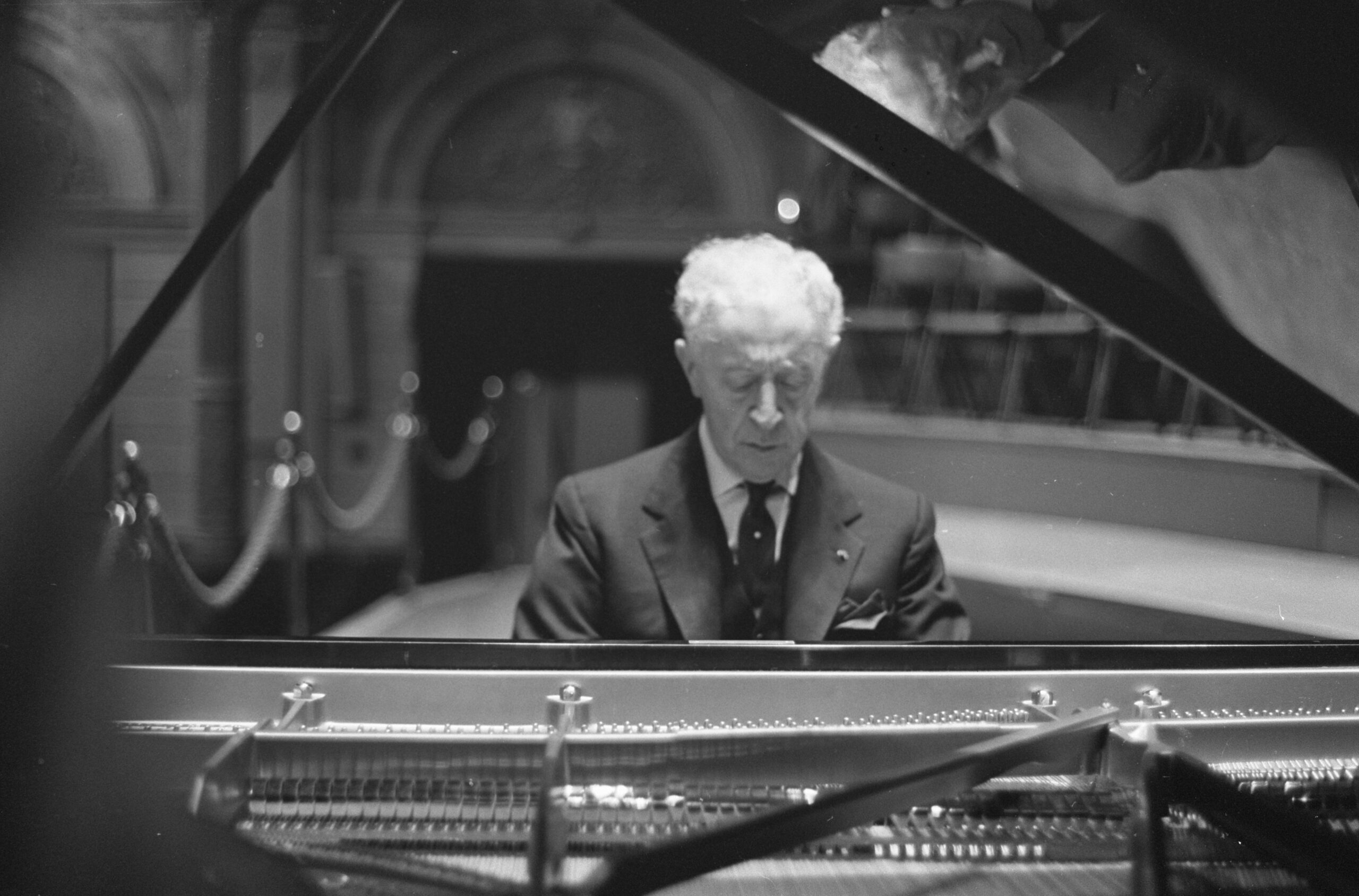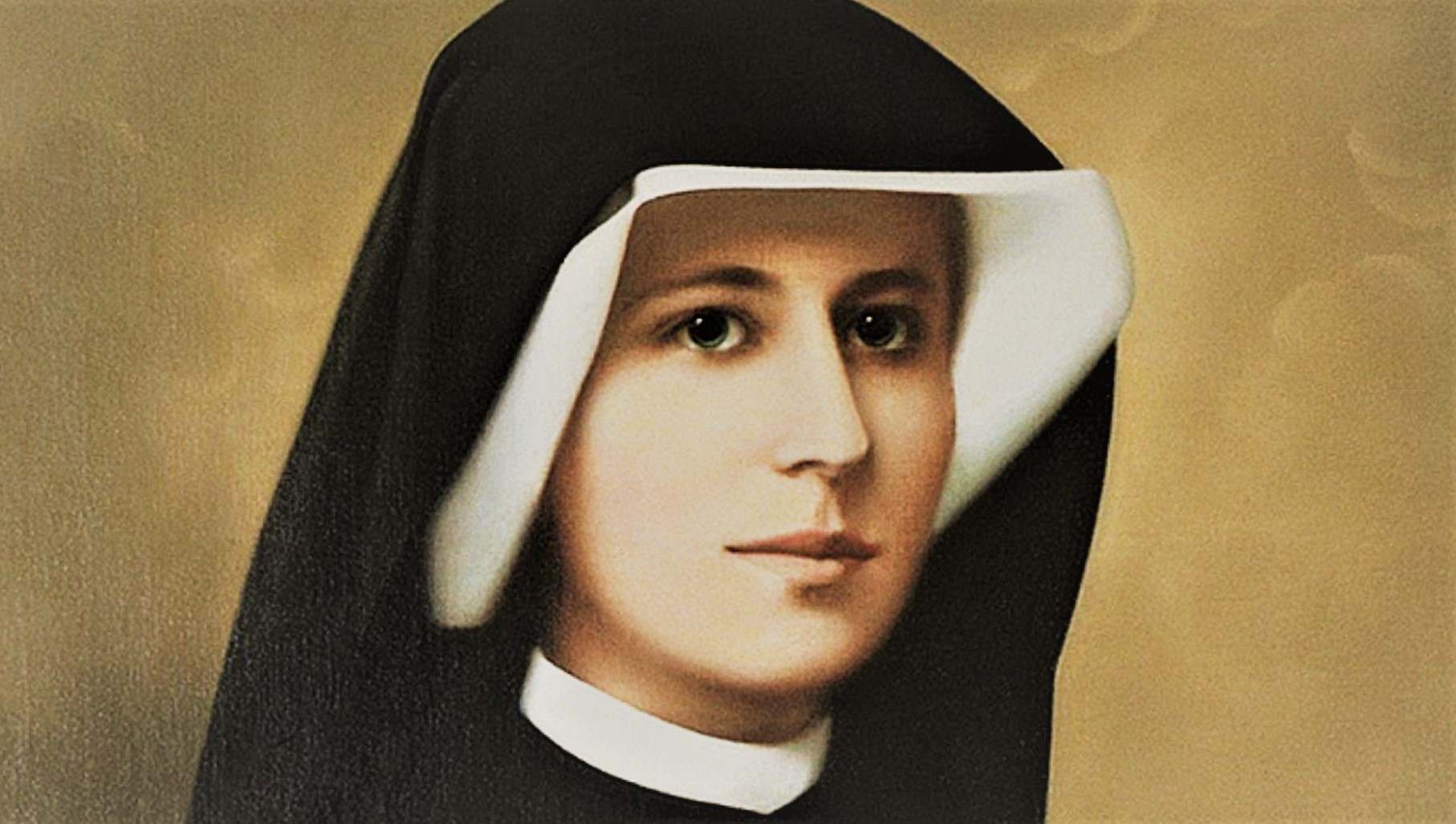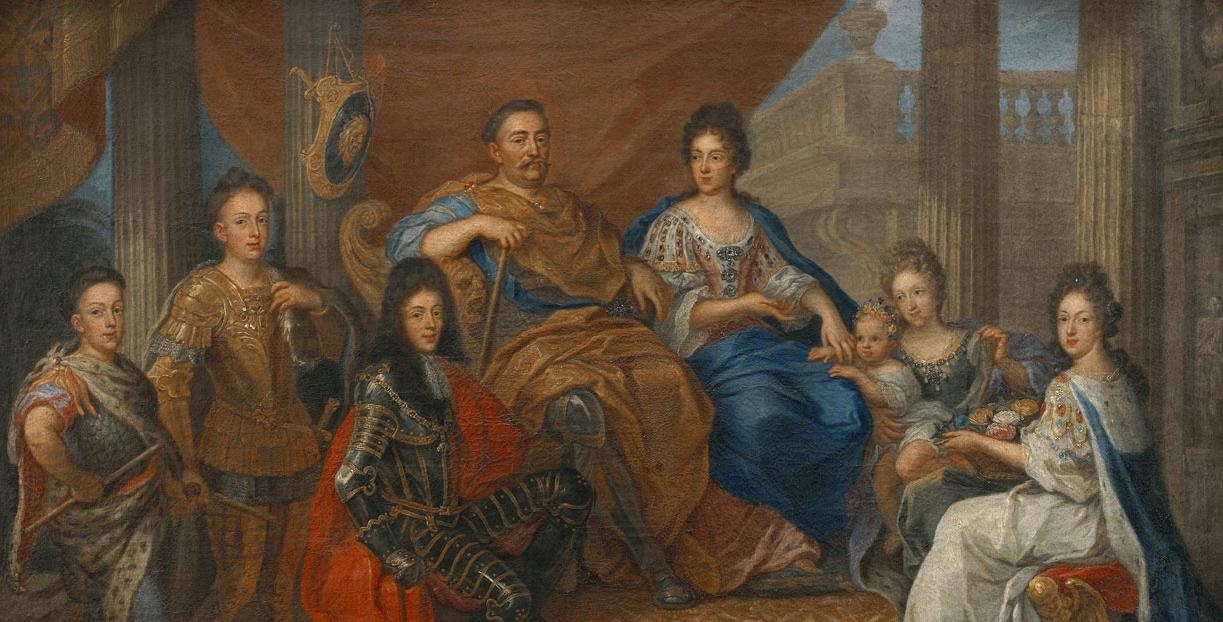Artur Rubinstein is counted among the most outstanding pianists of the 20th century. Apart from the sheer scale of his talent, there were many reasons behind this artist’s exceptional position in past century world culture. First and foremost is his exceptionally long – almost eight-decade – intensive career as a pianist, measured by thousands of concerts and an enormous recording output.
by Tomasz Baranowski
His official stage debut took place in Berlin on 1 December 1900, and his final public appearance was in London in May of 1976; over this long period, he played – as it has been provisionally counted – more than 6,000 concerts, and his complete discography on the RCA (Radio Corporation of America) and BMG (Bertelsmann Music Group) labels comprised as many as 94 records. He lived a long and interesting life, filled with travel, encounters with personalities from the worlds of art and politics, love affairs and, at times, nothing short of revelry. His biography could have served as material for many a historical novel, as partially attested to by his two-volume memoirs (My Young Years and My Many Years). Finally, Artur Rubinstein was a deeply righteous and morally sensitive man, who courageously reacted to all manifestations of evil of his epoch.
Artur Rubinstein was born in Łódź on 28 January 1887 as the seventh and youngest child in a middle-class Polish Jewish family of the owner of a small textile factory. The musical talent of the child prodigy revealed itself very early, and already at the age of four he began taking private piano lessons with respected Łódź pianist Adolf Prechner. In the autumn of 1896, Artur’s parents sent him to Warsaw to study under a famous professor at the Institute of Music, Aleksander Różycki – the father of Ludomir, one of Poland’s best-known later composers. These lessons did not last long and proved to be a complete fiasco; the otherwise experienced pedagogue did not recognise the talent of the ten-year-old, ultimately concluding that he would never become a great pianist. The following event – as Rubinstein recalled years later – was to be the deciding factor in breaking off the collaboration. One day, when he arrived for his lesson, he was greeted by the aforementioned Ludomir, only four years his senior, who demanded payment in advance and, on failing to receive it, slammed the door in his younger friend’s face.
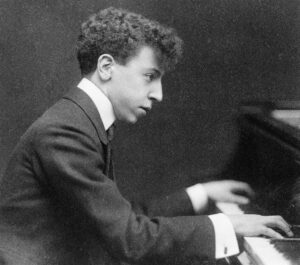
One could say that Rubinstein undertook his fully professional musical training in Berlin in the autumn of 1897. There, after a successful audition by the renowned Hungarian violinist, conductor and composer of Jewish origin, Joseph Joachim, it was decided that, as Arthur was too young to begin formal studies at the Hochschule für Musik, he would become a private pupil of pianist Karl Heinrich Barth, who was extremely dedicated to his passion for teaching. Years later, Rubinstein remembered with gratitude the six-year period under the tutelage of the ‘old giant from East Prussia’ (this is how another of his famous pupils, Wilhelm Kempff, described the master from the Königsberg region). Barth forced the youngster to learn a huge repertoire, and led him to develop a phenomenal technique, a characteristic sound, and finally, the right posture at the piano. In addition to playing his instrument, the teenage artist (no longer a child prodigy) studied harmony and music theory with teachers at Berlin’s Hochschule, but, as he admitted years later, this was of little significance to him.
After the aforementioned triumphant debut at Beethoven Hall (Beethoven-Saal), when Rubinstein, accompanied by the Berliner Philharmoniker orchestra under J. Řebíček, performed two popular piano concertos (Mozart’s Concerto in A major KV 488 and C. Saint-Saëns’ Concerto No. 2 in G minor), the young virtuoso’s next major success was his performance at the Warsaw Philharmonic Hall on 1 April 1902. Shortly afterwards, the pianist impetuously entered the elite of the great world of music. In 1903, he was twice a guest of Ignacy Jan Paderewski at his residence in Riond Bosson near Morges in Switzerland, and, a year later, in Zakopane, he met Karol Szymanowski, with whom he formed a long-lasting friendship. A turning point in his career was his 1904 stay in Paris, when he entered the musical milieu of the French capital not only to make friends with Ravel and Dukas, but also to gain an influential impresario in the person of G. Astruc, which resulted in a prestigious contract to organise a series of concerts on many stages around the world. The first of these performances, which took place at the Parisian Nouveau-Théâtre on 19 December 1904, must be considered the beginning of the great international career of the Polish pianist.
In 1906, Artur Rubinstein set off on a long concert tour of the United States, performing at the famous Carnegie Hall in New York (8 January), as well as in Philadelphia, Chicago, and Boston. In the following years, he became known to audiences in several European capitals – in 1909 he made his debut in Vienna, a year later in Rome, and in 1912 in London. The young pianist’s first tangible success was winning the Second Special Prize at the Anton Rubinstein Competition in St. Petersburg in December of 1910. In the years leading up to the outbreak of the First World War, he visited Warsaw many times, where he gave a number of recitals, as well as chamber and symphony concerts. Particularly eventful was his first stay in the capital, in the autumn of 1906, almost immediately after the American tour. The then 19-year-old pianist gave numerous concerts in just a single week, performing five piano concertos and an extensive repertoire of solo works. It was truly a Rubinstein festival in Warsaw. There was no end to the enthusiastic voices of the critics, with one reviewer writing, among other things: ‘One is already amazed at the power and vivacity of temperament in this artist, the richness of subtle shades in the interpretations, and the enormous repertoire of technical means brought to the height of perfection’.
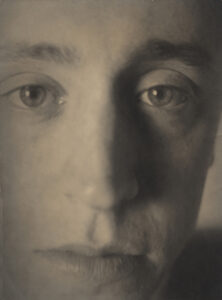
During the summer holidays of 1911 and two years later, Rubinstein was a guest of Karol Szymanowski in Tymoszówka. He repaid the warm welcome by inviting the composer to London in the spring of 1914. The tightening bonds of friendship and mutual understanding linking the two musicians were undoubtedly among the reasons why the pianist included many works by the composer of Harnasie in his regular repertoire.
The First World War by no means curtailed Rubinstein’s concert activity. He divided these years between Spain and South America, to which he travelled twice between 1917 and 1918 to give highly successful concerts in Buenos Aires, Montevideo, Santiago de Chile, and Rio de Janerio, among others. There he met and, as it were, discovered the Brazilian composer Heitor Villa-Lobos – little-known to the world at the time – becoming the first promoter of his international career. After the end of the war, he made a second tour of the United States in 1919, and then, during the interwar period, toured extensively throughout almost all of Europe, including regularly in Poland. On 27 July 1932, in Paris, he married Aniela Młynarska, the youngest daughter of the famous conductor Emil Młynarski, who went down in history as Nela Rubinstein, extremely devoted to her husband. Five children were born of this union, one of whom died in infancy.
Artur Rubinstein repeatedly expressed his disagreement with the growing Nazi and anti-Semitic movements on the eve of the Second World War. In 1938, in protest against Mussolini’s discriminatory laws against Jews, he cancelled his concerts planned in Italy, and returned a decoration previously bestowed on him by the authorities of that country. Shortly following the outbreak of the war, in October 1939, the Rubinstein family emigrated to the United States, where, several years later, in 1946, they were all granted US citizenship. During this difficult time, the pianist was heavily involved in helping war victims and refugees, giving charity concerts in many American cities. Many members of his extended family died at the hands of the Germans during the war. Perhaps this is also why he never performed in Germany until the end of his career, consistently turning down numerous invitations.
A brave testimony to the Polish artist’s patriotic stance was his behaviour during a concert at the San Francisco Opera on 13 May 1945, specially organised for delegates and guests of the peace conference at which the United Nations was established. As he stepped out onto the stage, noticing the absence of the Polish flag in the row of those of the member states of this organisation, the pianist uttered the following words: ‘In this hall, where great nations have gathered to make this world a better place, I do not see the flag of Poland, for which this cruel war was fought’. He then asked the audience to rise and played the Polish national anthem. The Polish American community rewarded the artist for this bold gesture by awarding him a diploma from the Polish Art League of Pittsburgh.
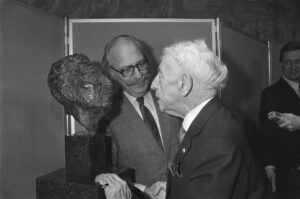
In the post-war period, Rubinstein by no means slowed down his concert activity, enjoying uninterrupted great fame and recognition. In Paris in November 1955, he performed a titanic feat, namely as many as 17 great works for piano and orchestra from the canon of classical and Romantic literature – Mozart, Beethoven, Chopin, Schumann, Liszt, Brahms, Tchaikovsky, Franck, Saint-Saëns and Rachmaninoff – in just five evenings. In addition, he made numerous recordings during this time.
After the war, Artur Rubinstein visited his native country five times. He first came to Poland in June of 1958 and performed in Krakow and Warsaw. Two years later, he was honorary chairman of the jury at the 6th edition of the International F. Chopin Piano Competition in Warsaw, and subsequently went on to give concerts in the capital, as well as in Poznań, Bydgoszcz, Katowice, and Łódź. In September 1966, he performed at the inaugural concert of the 10th edition of the Warsaw Autumn International Festival of Contemporary Music. He played Karol Szymanowski’s Symphonie No. 4 (Concertante) dedicated to him, accompanied by the National Philharmonic Orchestra under Stanisław Wisłocki. In turn, on 30 May 1975, he performed at a jubilee concert on the occasion of the 60th anniversary of the Łódź Philharmonic. Rubinstein was in Poland for the last time after his piano career came to a definite end, at the turn of October and November 1979. At a meeting organised at that time at the Victoria Hotel in Warsaw with the employees of the Polskie Nagrania company, he said, among other things: ‘I cannot play any more now, I come empty-handed… I can, however, shake everyone’s hand warmly – and since the credo of my life has always been “Do not give up”, so I believe even now that I will return here in the spring. I love Poland, I love Warsaw, which has always inspired me in some unique way artistically.’
In his final years of life, the pianist struggled with cancer. After an unsuccessful operation in New York, he moved to his apartment in Geneva, where he was often visited by his musician friends, including Marta Argerich, whom he particularly appreciated. He died on 20 December 1982, one month and eight days before his 96th birthday. A modest funeral ceremony took place a year later in Jerusalem. In accordance with the artist’s wishes, his ashes were laid to rest in a pine forest on a hillside, in a place called Rubinstein’s Panorama. He was bid farewell by his immediate family, to the sound of Bach music played on the violin by Shlomo Mintz.
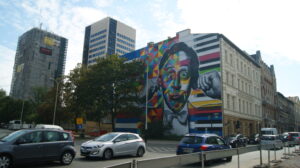
The contribution that Artur Rubinstein made to the history of 20th century world piano playing cannot be overestimated. In this virtuoso’s repertoire, which encompasses virtually the entire great piano literature – solo, chamber and concert piano – music by composers contemporary to him occupied an important place. He promoted the music of many composers of his time – including Scriabin, Szymanowski, Ravel, Albeniz, de Falla, Villa-Lobos, Poulenc and Milhaud, premiering many works. At the same time, he was an unparalleled interpreter of Chopin’s works, as well as those of Brahms; his performance of the Second Concerto in B flat major, Op. 83 in Warsaw in 1924 was summarised in a single sentence written by eminent Polish pianist Henryk Melcer: ‘Nobody can play Brahms as well as Rubinstein’. Opinions on his individual style of playing most frequently emphasised virtuosity of the highest order, the fullness and tenderness of sound, an extraordinary gift of leading the cantilena and a sense of musical drama. Rubinstein – a brilliant musician in the full sense of the word – was also a type of ambassador of Poland and Polish national culture on the international arena. During the Second World War period, he performed on many occasions at charity concerts in aid of Polish refugees, lent financial support to many needy compatriots (e.g. the poet Julian Tuwim), and advocated the Polish cause with the United States authorities. Finally, this great Polish artist was a true citizen of the world, not only as a virtuoso of international renown, but also as a humanist of great stature, who moved in the broad circles of the most eminent artists and intellectuals of the 20th century. Above all, however, he loved music, to which these words of his testify: ‘I have always thought of myself as a musical instrument – not a violin or a piano – but the essence of music. I never walk, dream or fall asleep without music in my head. Music is my form.’
Author: Prof. Tomasz Baranowski
Transation: Mikołaj Sekrecki

